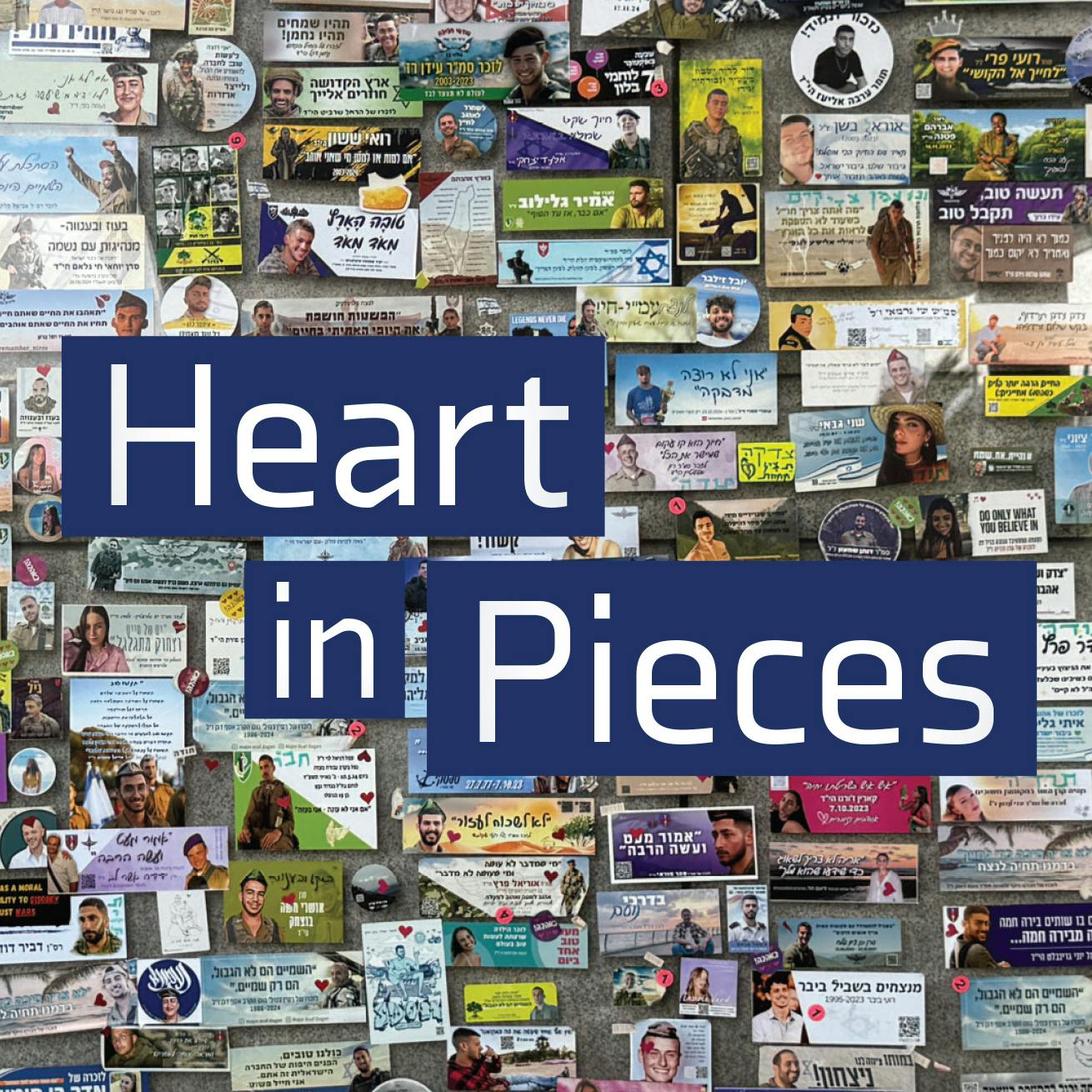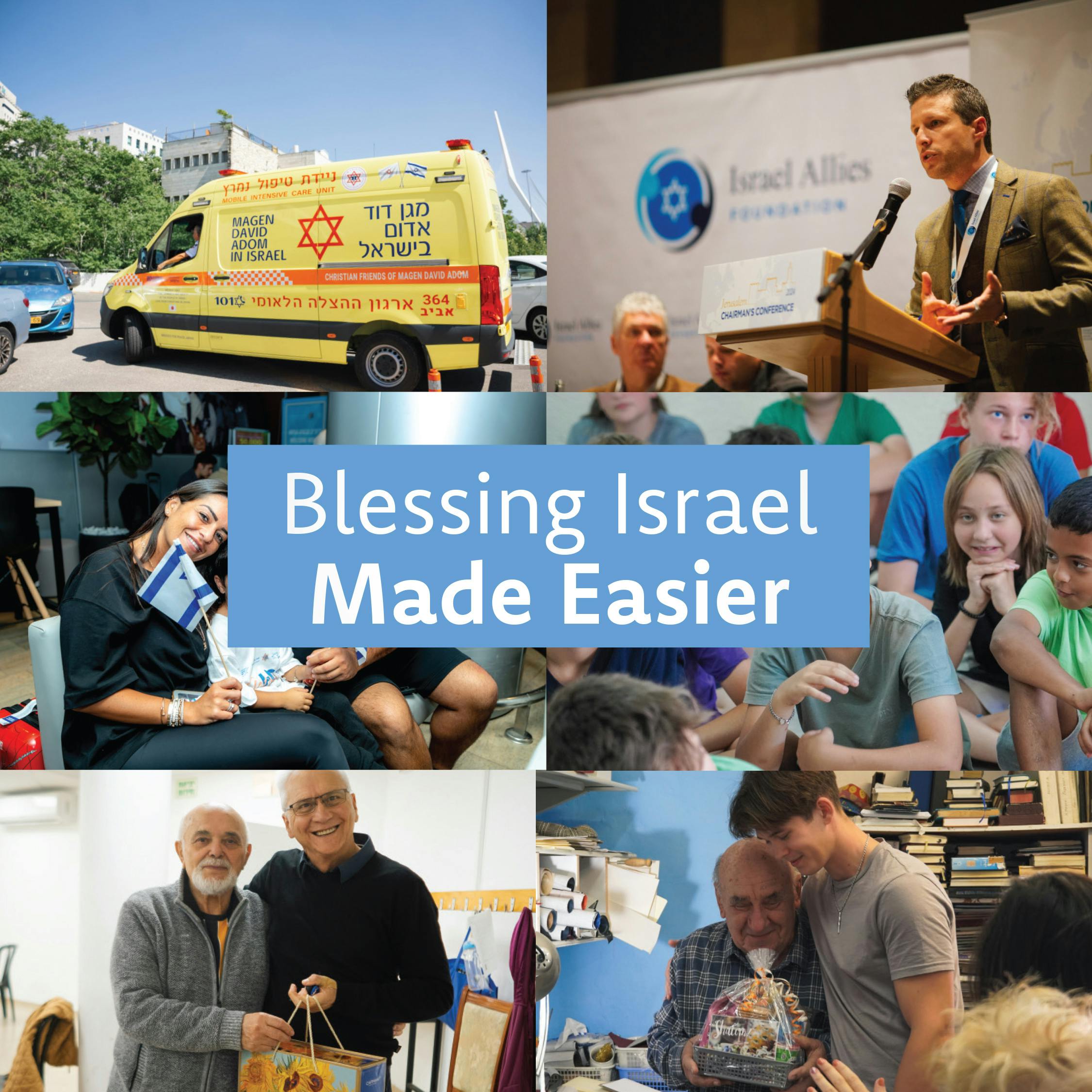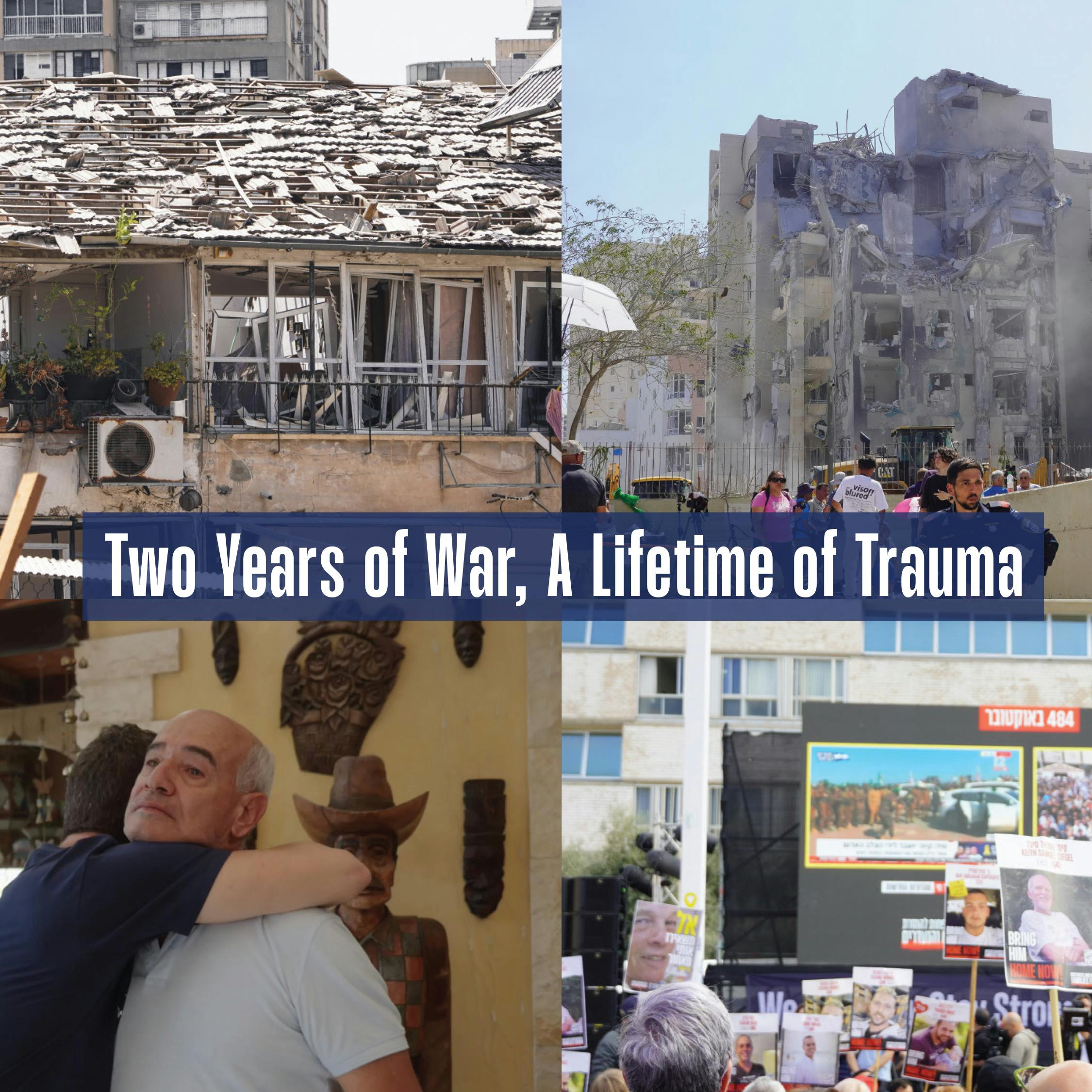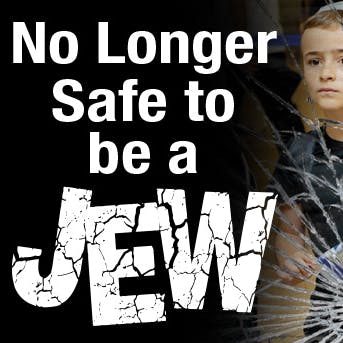December 2025

October 7, 2023 began as nothing new for Shoshana’s family. Their home is in Ofakim, a city in southern Israel just about 15 miles (24 km.) from Gaza. So, when Hamas began their assault with thousands of rockets toward Israel on that terrible morning, they assumed it to be part of the grim routine for those living close to a terror entity dedicated to Israel’s destruction.
But that morning was unlike any other. The Israelis who were jolted awake by the screaming sirens had no idea that in addition to the rockets, thousands of Hamas terrorists had breached Israel’s borders, invading peaceful Jewish communities to go on bloody rampages.
The bomb shelter for Shoshana’s family sits outside their home. At the sound of the first siren, the family sprang from their beds and into action, running for safety. Little did they know that Hamas terrorists had already infiltrated their sleepy city. Shoshana and her two small children safely reached their bomb shelter, but terrorists saw her husband running for cover. They opened fire and killed him. In an instant, Shoshana became a widow, and her children, fatherless.
When Joy Meets Grief
Israeli and Jewish communities worldwide are preparing for Hanukkah, the Festival of Lights. For eight nights, hanukkiot, or nine-branched candelabras, will burn brightly from the windows of Jewish homes across the world as bright, shining beacons of hope amid the cold, dark winter night.
It’s traditionally a season of joy, as families and friends gather together to celebrate, singing traditional Hanukkah songs, eating lavish amounts of fried foods to celebrate the miracle of oil, children playing spin the dreidel and gleefully snacking on shiny, chocolate coins wrapped in gold foil.
Yet for Shoshana, her children and countless others, the light now seems dimmer. The candles haven’t burned quite as brightly since the horrific events of October 7. That day, Hamas murdered 1,200 people, but the tragedy had a much larger impact. The death of each individual left countless others scarred and devastated.
That morning, Shoshana and her family were sleeping peacefully, with a joyful day ahead of them as they planned to celebrate Simchat Torah (Rejoicing in the Torah). But in the span of a few hours, their entire world was changed. That night, Shoshana went to sleep for the first time without her husband and her children without their father.
The ensuing war between Israel and Hamas added to the casualty count. As Israel fought to rescue their hostages and ensure that Hamas would not commit such atrocities again, more families paid the ultimate price. The war left 351 widows—a third of them widowed on October 7 alone—as well as 885 children, including 250 under the age of five, without at least one parent. The Jerusalem Post noted that this war produced four times more orphans than the previous decade combined.
That’s 351 women who will light their hanukkiot, force smiles, sing the traditional Hanukkah songs with their children and prepare their traditional holiday food—without their husbands beside them. That’s 885 children who will spin the dreidel, sing the songs, eat sweet sufganyiot (doughnuts)—without a mother or father’s comforting presence. They will continue observing the holiday, but with an empty seat at the table, one less voice in the chorus.

These are women whose hopes and dreams for the future were cut off at the root. These are children who will have to celebrate their bar or bat mitzvah (Jewish coming of age celebration), birthdays and holidays without their father or mother. Their future is marred by grief and loss.
A Light that Shines in the Darkness
Widows and orphans suffer sorrow, heartache and uncertainty for the future, but they bear a special place in God’s heart. The apostle James wrote: “Pure and undefiled religion before God and the Father is this: to visit orphans and widows in their trouble” (1:27a). This is a call to stand with them in their grief, to provide for their needs and bless them. Will we answer that call and honor this Scripture by providing for those who are in need of comfort and joy?
As the Jewish people worldwide prepare to celebrate Hanukkah—and many Christians prepare to celebrate the birth of Jesus (Yeshua)—we have a beautiful opportunity to let our light shine brightly. Last Hanukkah, Bridges for Peace volunteers partnered with our friends Rabbi Yehuda and Hadass Glick to pack and deliver 5,000 Hanukkah gifts for orphans all over Israel. This year, we long to do even more: to bring comfort, joy and a tangible reminder that they are not forgotten or alone.
Shoshana told us she was amazed and deeply touched by the support she received from Christians through Bridges for Peace. Your gift to our Widows and Orphans Fund will help us bless more families like hers, providing comfort, hope and practical care when it’s needed most.
In this holiday season of joy and giving, as the Jewish people celebrate the Festival of Light, will you help us shine light into the darkness? Your generosity will shine like a candle of compassion, piercing grief with warmth, fear with faith and despair with the love of God.
Together, let’s be the light that shines brightly for Israel’s widows and orphans, reminding them that they are seen, cherished and loved.
With a grateful heart,
Rev. Peter J. Fast
International CEO
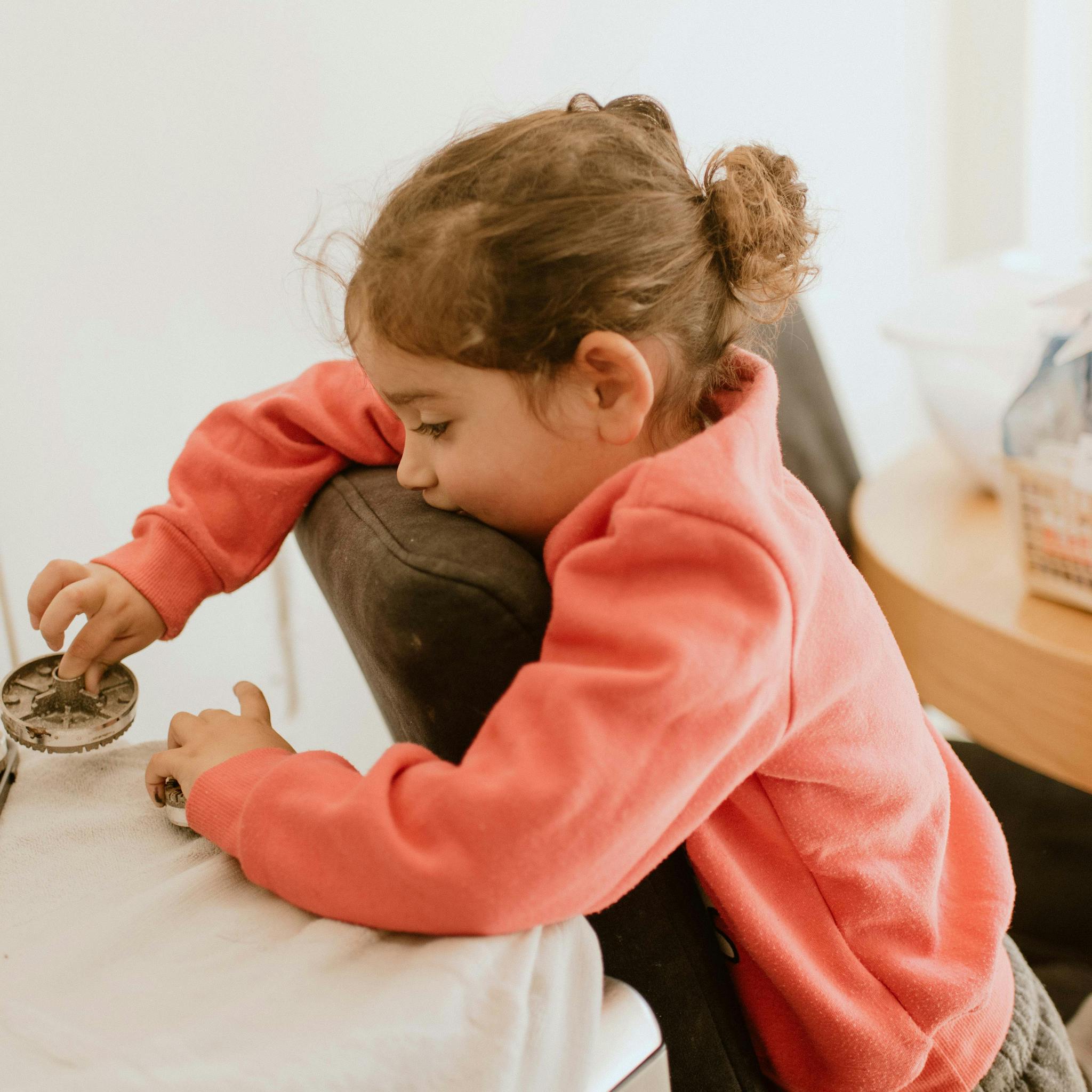
Widows and Orphans Fund
Your donation to the Widows and Orphans Fund reflects God’s heart of compassion and care for the most vulnerable. With your support, we can continue to meet urgent needs, uplift lives, and extend God’s love to those who need it most.
Donate NowRelated Resources

Discover Your Purpose and God’s Heart For You
In today's divided, turbulent world, it's essential for the Church to rediscover God's heart. Our free e-book, authored by a seasoned expert with three decades of experience in Israel, delves deep into the teachings of Jesus (Yeshua) to reveal God’s principles of love and purpose. Learn how embracing these truths can bring significance and impact to your life, even amidst chaos. Subscribe now to receive your free copy and embark on a journey of transformation.

